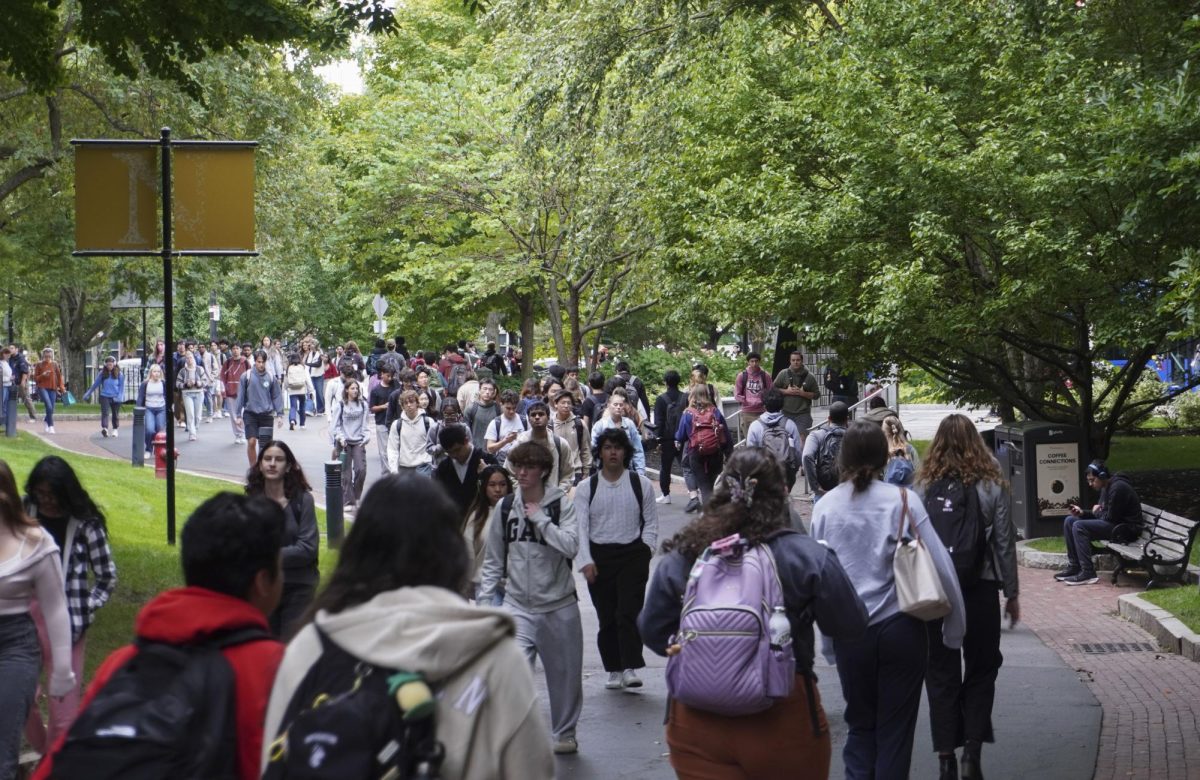By Pamela King
Most college textbooks for introductory American government courses may tell the story of only one segment of the population – the white man.
A recent study released by the American Political Science Association Standing Committee of Blacks in the Profession, suggests black people are generally discussed only in chapters on Civil Rights, and even then are portrayed as passive participants in the movement. This study followed those conducted by other American Political Science Association (APSA) standing committees concerning the female and the lesbian and gay communities. “All of these stories need to be intertwined and not seen as marginal,” said Sherri Wallace, one of the authors of the APSA study. “Let’s tell the entire American story, beginning to end.”
Marcus Allen, the other author of the APSA study, said he believes universities are great environments for students to learn about different cultures, but, also said, a culturally diverse historical account should be covered from the very beginning. “The introductory textbooks should serve that role,” said Allen, who is also an assistant professor of political science at Wheaton College.
One of the major findings of the study was that publishing companies were stifling the voices of many authors, creating a homogeneous collection of textbooks. “Sometimes it seems as if you’ve read one, you’ve read them all,” said Wallace, an assistant professor of political science at the University of Louisville.
Wallace said she believes all cultures should be integrated into every chapter of every political science textbook. When preparing for her classes, she searches for textbooks that accomplish this.
“I look at a textbook, and I see how much inclusion there is of these groups,” Wallace said. “How do they tell the story? What kind of language do they use? You shouldn’t have to wait until the civil rights chapter for African Americans to show up.”
Even within the Civil Rights chapters, blacks do not seem to be making history – history seems to be happening to them. Wallace said it was important for her to see if textbook authors treated blacks as subjects or objects of the Civil Rights movement.
“There were people who were active in their struggles,” Wallace said.
Allen said an understanding of the histories of minority groups is an important step in cultivating students’ worldviews. Allen strives to challenge the stereotypes that he said are repeatedly endorsed in political science textbooks. “Stereotypes and perceptions of these groups influence students’ voting and how they view social issues,” Allen said. Michael Tolley, an associate professor of political science, said his textbooks do cover some aspects of how blacks were affected throughout American history, but that this was not his main concern in choosing a textbook. He uses a textbook titled “Democracy Under Pressure” by Milton Cummings and David Wise. As a graduate student of one of the authors, Tolley had a hand in writing the book.
“I use what I think is the best textbook,” Tolley said. However, since one of the authors of “Democracy Under Pressure” recently died, Tolley will be looking for a new textbook, and he said he will be considering the way blacks are represented in the book. Tolley said black history is important to students’ understanding of American government.
“[African American history] tells America’s story,” Tolley said. “It tells the story of who we are as a nation.”
Wallace and Allen said they hope their study encourages professors to consider these issues when finding new textbooks. They believe it will help students gain a broader, more accurate view of American history.
“We get a sense of American history by looking at the struggles of all groups,” Wallace said. “To me, it’s all American history.”









